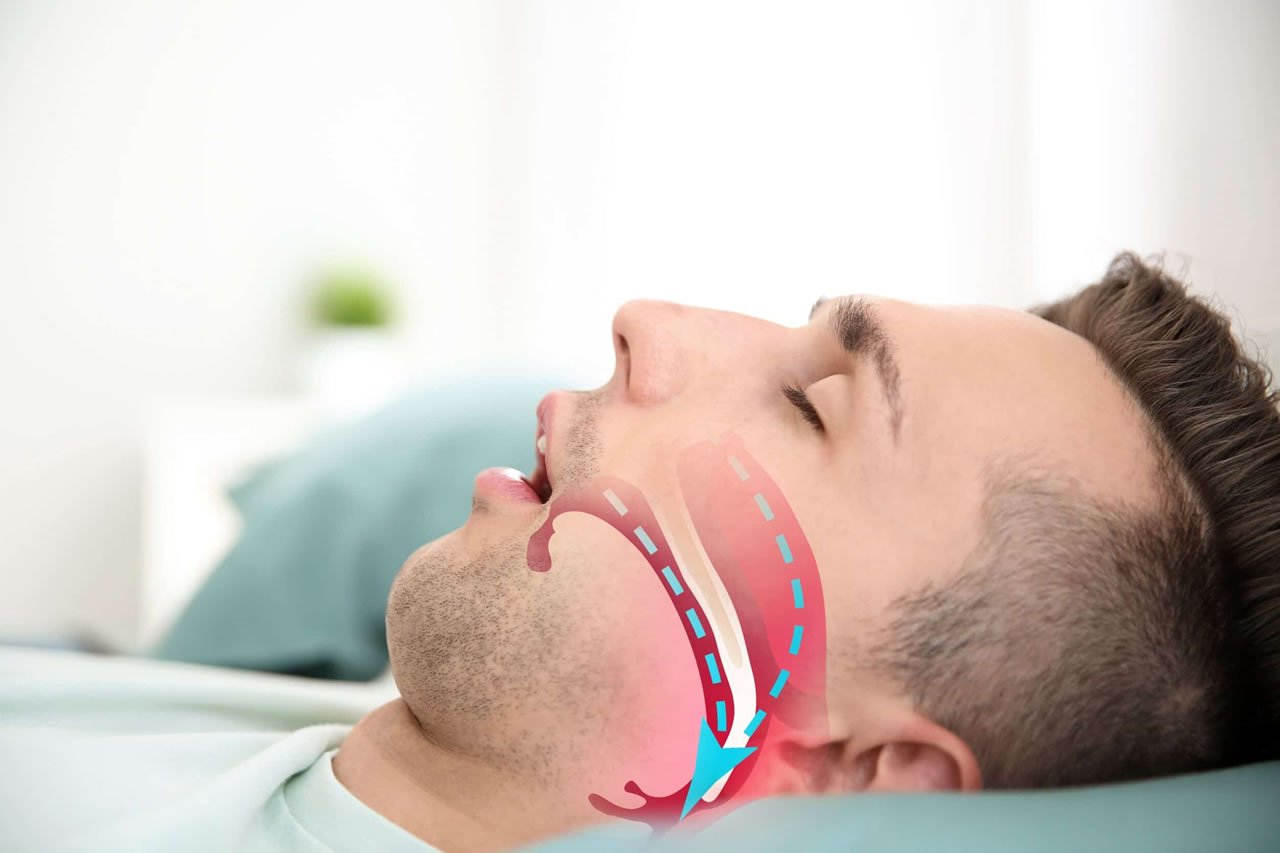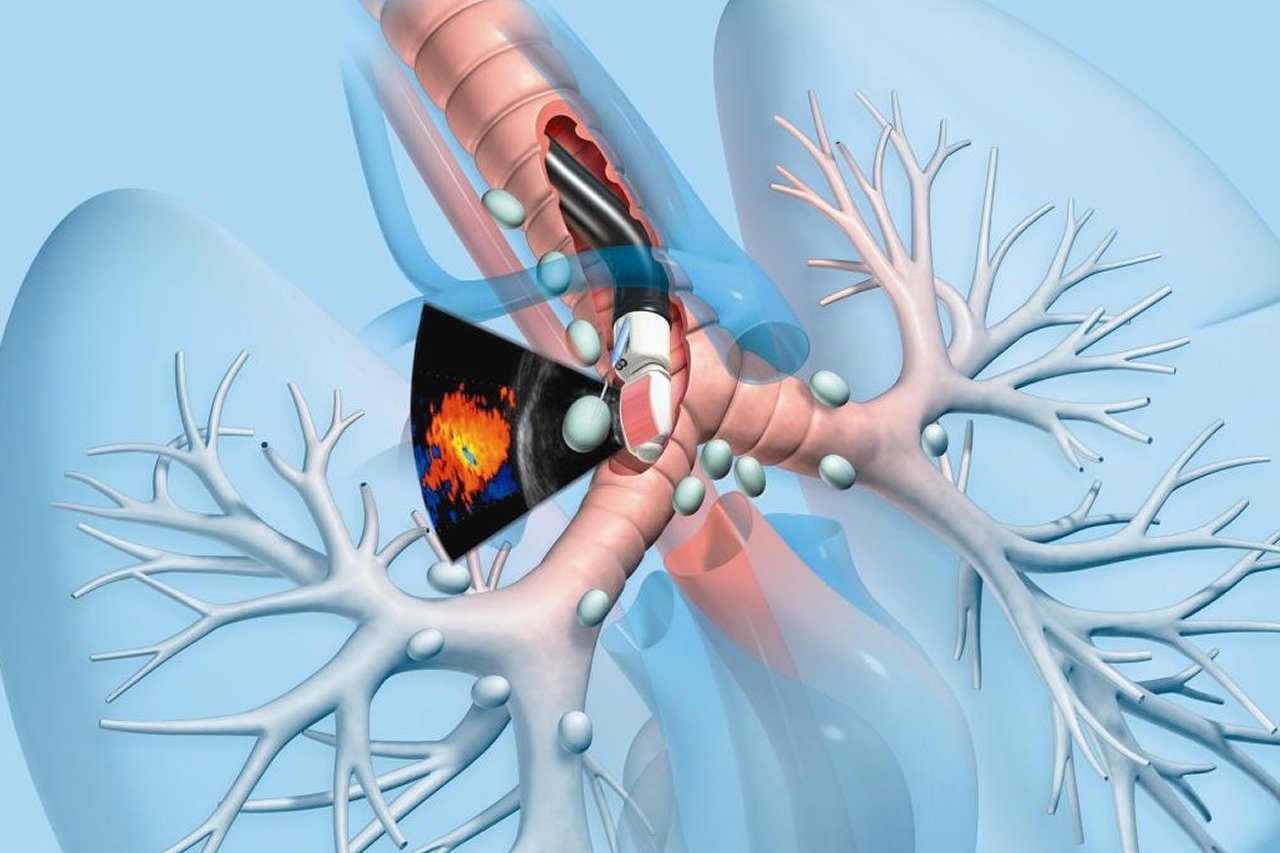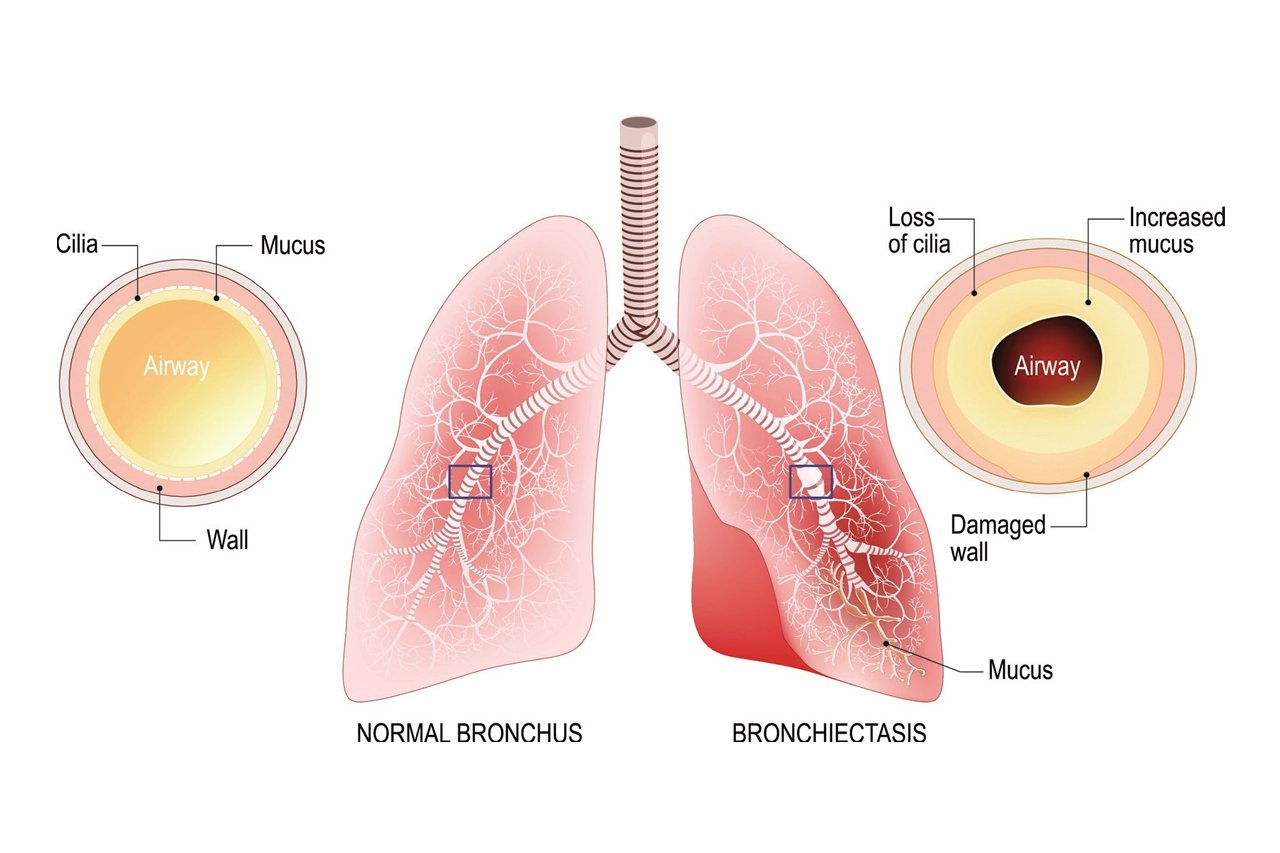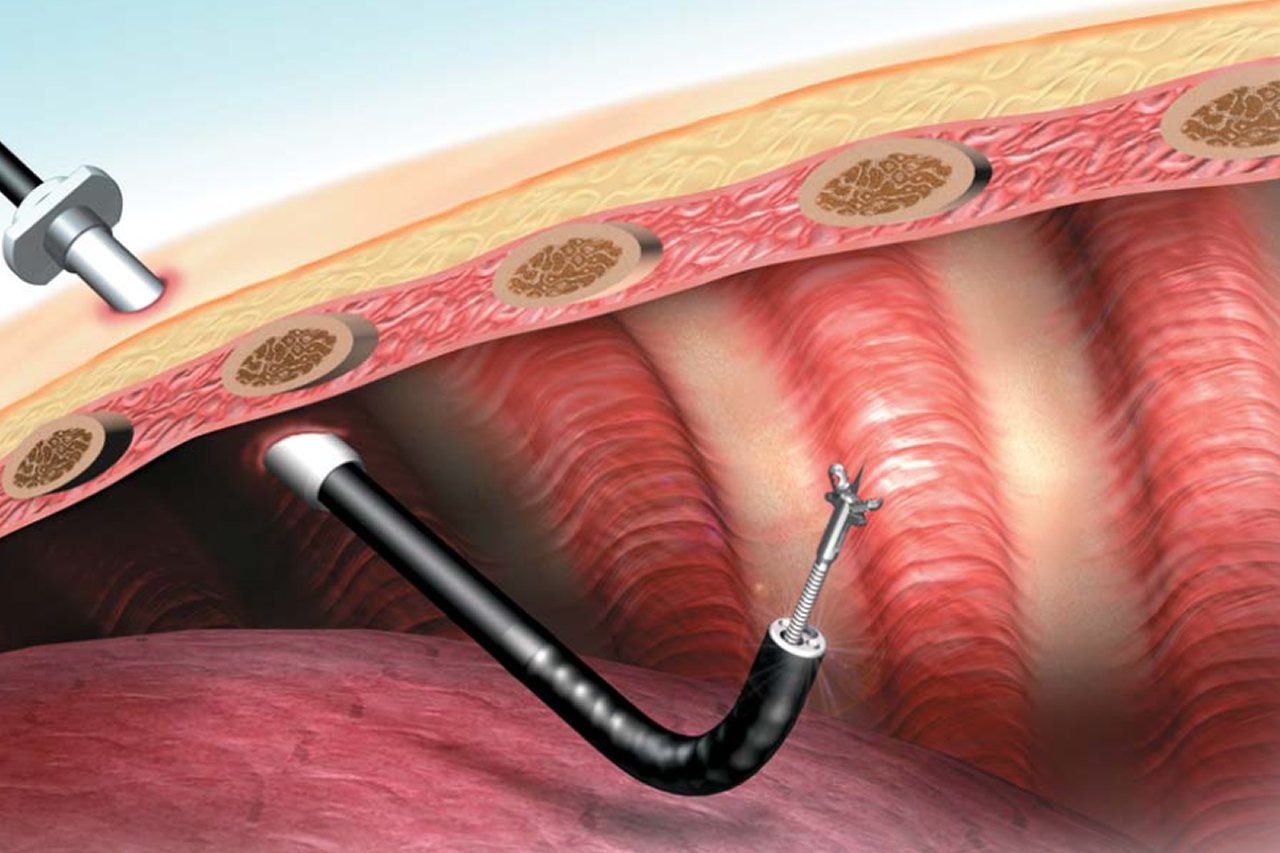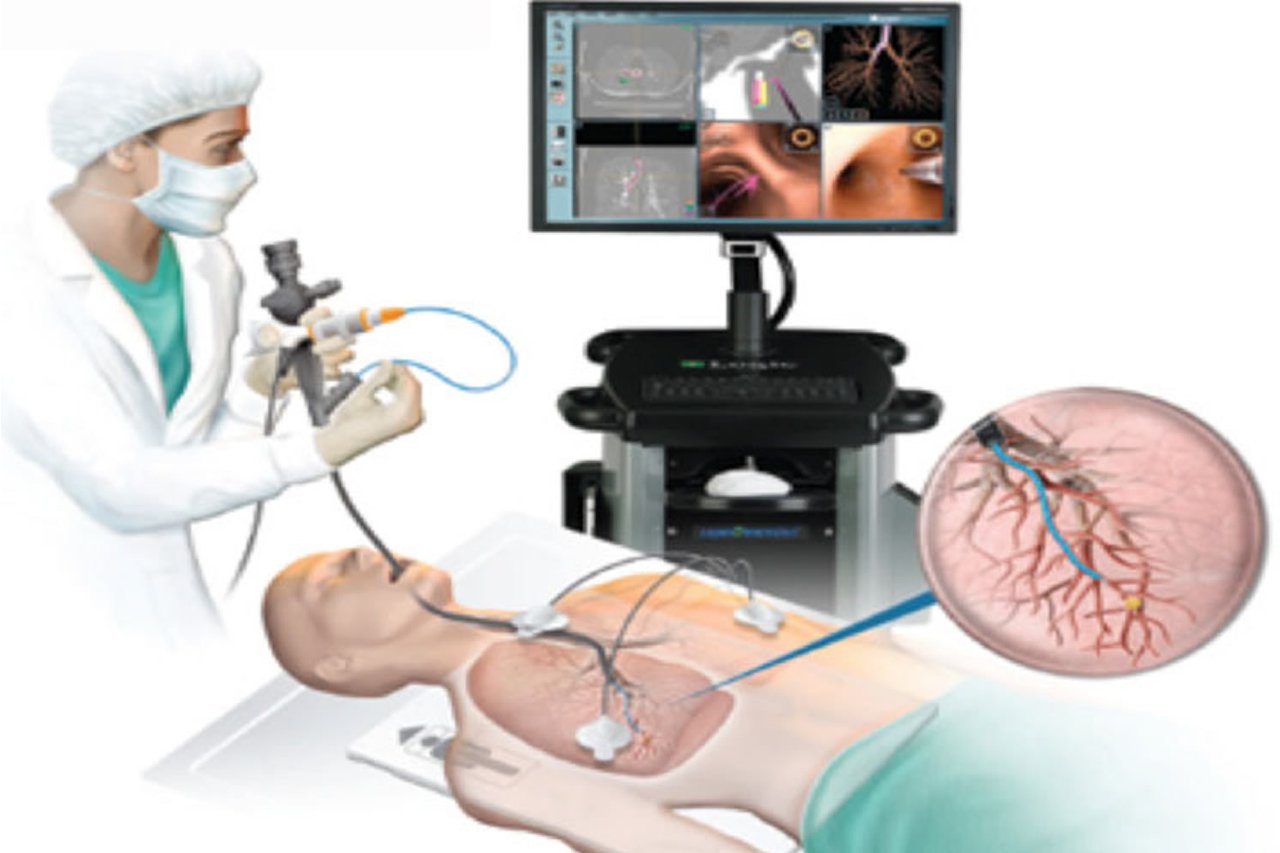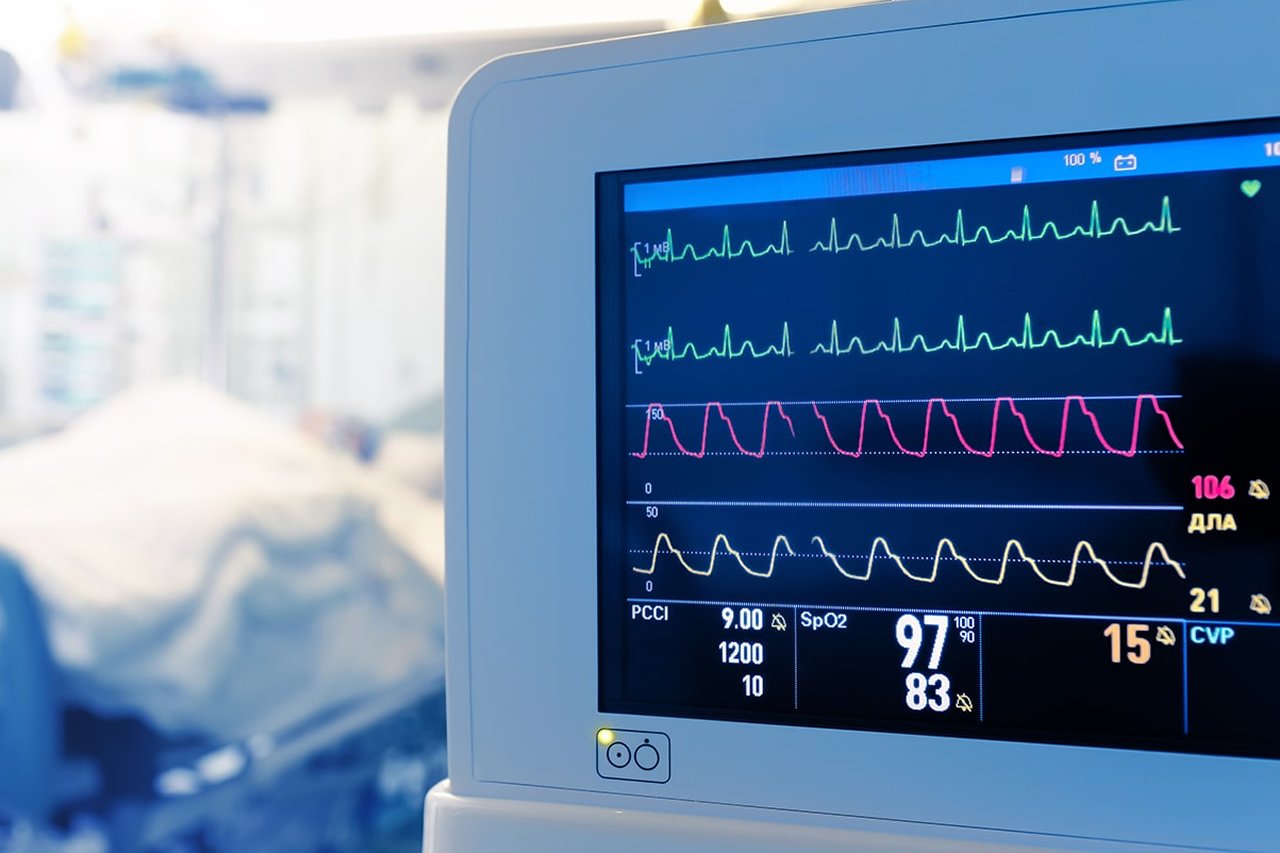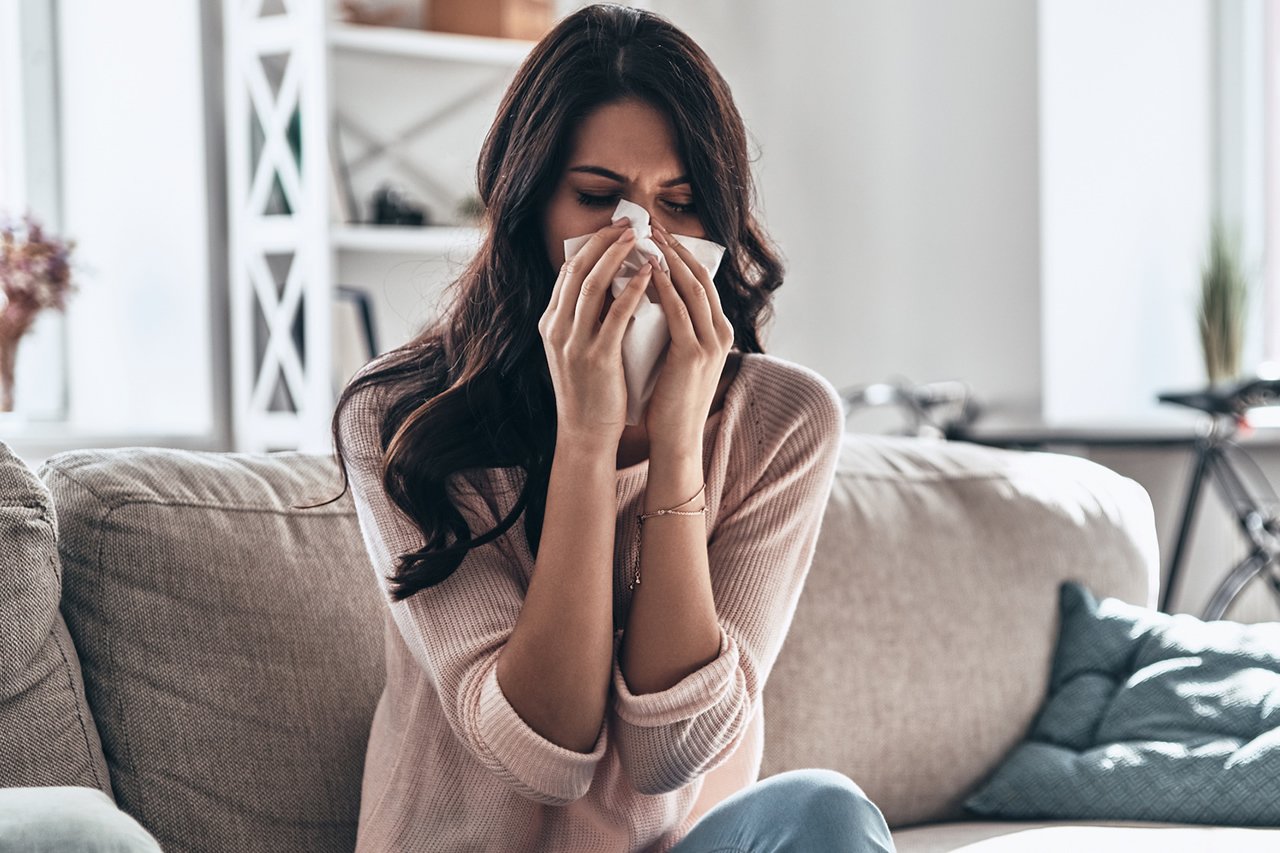People living with undiagnosed sleeping disorders, medically known as obstructive sleep apnea (OSA), can suffer various adverse effects of the condition such as the increased risk of high blood pressure, diabetes, heart attacks, brain strokes, and motor car driving accidents.
Endobrochial Ultrasound
Endobronchial ultrasound (EBUS) is a bronchoscopic technique that uses ultrasound to visualize structures within the airway wall, lung, and mediastinum.
Tuberculosis
Tuberculosis (TB) is one of the top 10 causes of death worldwide. TB is caused by bacteria Mycobacterium tuberculosis which most often affects the lungs. It is an airborne disease. When people with lung TB cough, sneeze or spit, they propel the TB germs into the air.
Bronchiectasis
Bronchiectasis is a condition in which the airways becomes wide flabby and scarred. Bronchiectasis can be congenital or acquired. This condition is the result of an infection or other conditions which injures the airways walls or prevents the airways from clearing mucus.
Medical Thoracoscopy
Medical Thoracoscopy (pleuroscopy) involves passage of a camera through the chest wall for direct visualization of the pleura.
Multidrug Resistant TB (MDR-TB)
Multidrug-resistant tuberculosis (MDR-TB) is a type of TB caused by bacteria that do not respond to Isoniazid and Rifampicin which are the First-Line anti-TB drugs.
Bronchoscopy
Bronchoscopy is a procedure used to look inside the lung airways. It is done to determine presence or absence of lung disease, also to help evaluate the effectiveness of current therapy.
Critical Care
Pulmonary/critical care medicine is a broad subspecialty of internal medicine that includes the diagnosis and management of disorders of the lungs, upper airways, thoracic cavity, and chest wall as well as the management of patients in intensive care units.
Sleep Medicine
Sleep Medicine majorly involves concerns and management of disorders that are affecting the lungs and the respiratory system eventually leading to disturbed sleep.
Allergy
It is an abnormal response of the immune system to a normal substance. And its treatment is probably based on your medical history, allergy test findings, and the severity of your symptoms. It can consist of three types of treatment: avoidance of allergens, medication, and immunotherapy.


